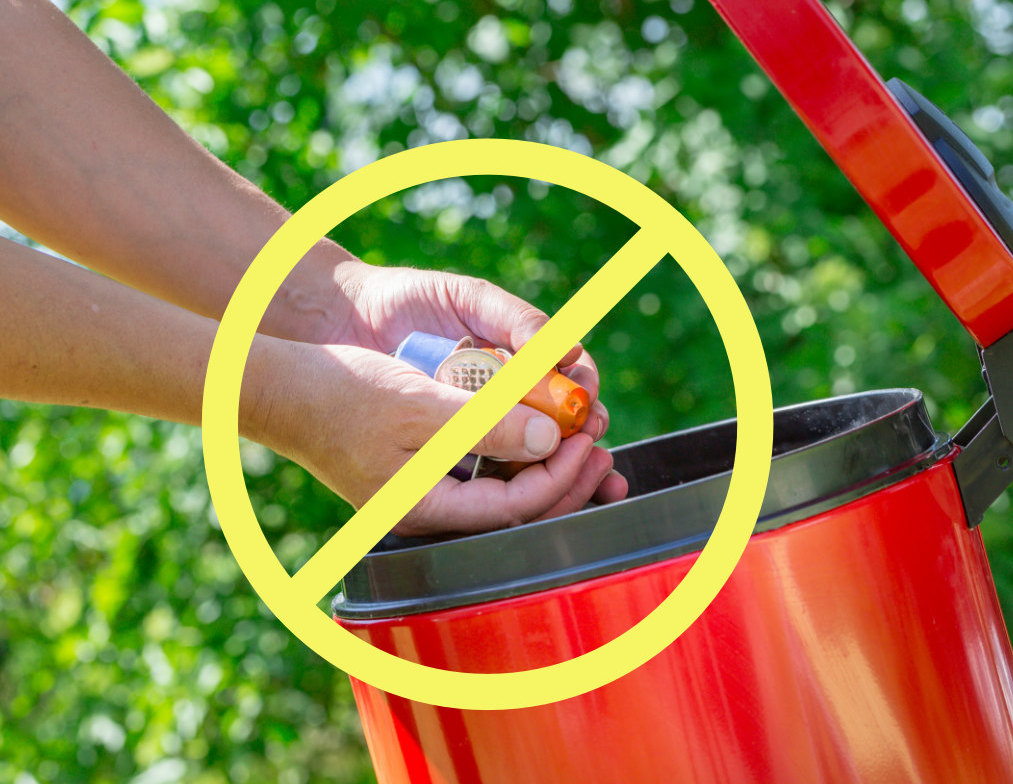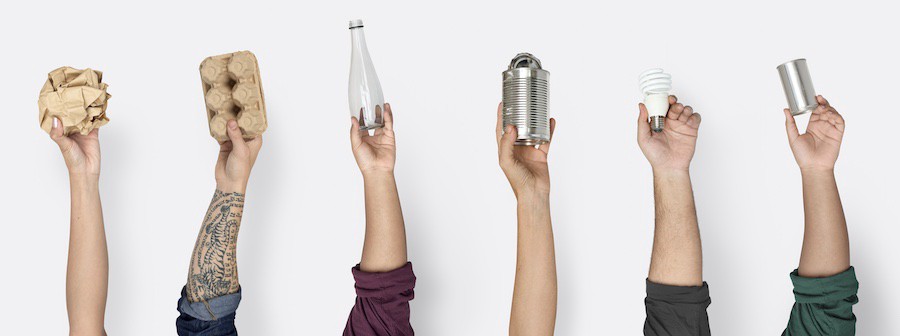
Recycling more items requires a change in mindset on waste
We are currently at crossroads with the war on waste. Landfills have been the way of life for many decades. However, times are changing and so we must all rethink the "ways of the past" and adopt a new mindset to the waste that comes out of our households.
Our population expansion means that our cities and towns are expanding too. This is encroaching on landfill sites that were previously far out of town and not affecting residents. So what happens when landfills need to be built and residents reject the landfill sites?
This is a question that has a very long and undefined answer. It's a hotly debated issue right now, especially in the fastest growing city in Queensland, Australia — Ipswich — where residents want to block a planned $50 million landfill site.
One option would be to recycle as much as possible, so the need for landfills are reduced (instead of increased). Many of what we toss in the waste bin can be reduced by responsibly recycling or reusing them — it takes only a little bit of effort on our part.

First there needs to be more education in what can and can't be recycled, and provide a clear message on increasing sustainability in the home. This education must include the reason for ensuring your recyclables are clean and clear of contaminants. The journey to sustainability starts with what you purchase outside of your home.
An example of this is plastic coffee capsules. Most are not recyclable, as they are a composite of different materials. Even if you took the time to open, dismantle and clean, their small parts would eventually be filtered into the waste piles at the Material Recycling Facilities — because they are smaller than 2 inches by 2 inches.
A CHANGE IN THINKING
If you can't part with your convenience of the single-touch coffee brew from a pod/capsule, consider switching to the aluminium kind and adopt a new method of recycling to reduce your footprint.
However, true sustainability of coffee capsules (pods) will only be possible when they can be processed at home and recycled via your existing kerbside recycle bin. This would remove the additional carbon miles currently required for transporting the used coffee capsules to a single destination where they are processed in bulk. Currently in Australia, it is only in Nowra, NSW.
Thankfully, there is a new option on the horizon. A small handheld tool called rePodder has been invented to solve the issue of sustainability of these single-use aluminium coffee capsules within the home. You will be able to process them completely at home, providing quick access to the coffee grounds, resulting in clean aluminium ready to be collected by your Council curbside recycle trucks. This will make it very easy to achieve 100% sustainability at home without losing your loved convenience of having a variety of quality coffee at home at the touch of a button.
What should we do next?
For one week, monitor the types of waste that comes out of your house. Consider what items can be either repurposed or recycled with just a little care and consideration. If the used product/packaging cannot be recycled, reused or composted, maybe it is time to swap to another brand that values the environment and the future of the planet.
If we all play a part to reduce the level of waste that heads for landfills, perhaps we won't waste the space in the landfill sites we all currently have in our regions.
One thing is certain… the war on waste starts right in your home, in your kitchen. We all need to be warriors at reducing waste — collectively we can win this war on waste and live in a more sustainable environment, and one that requires less landfill sites.
